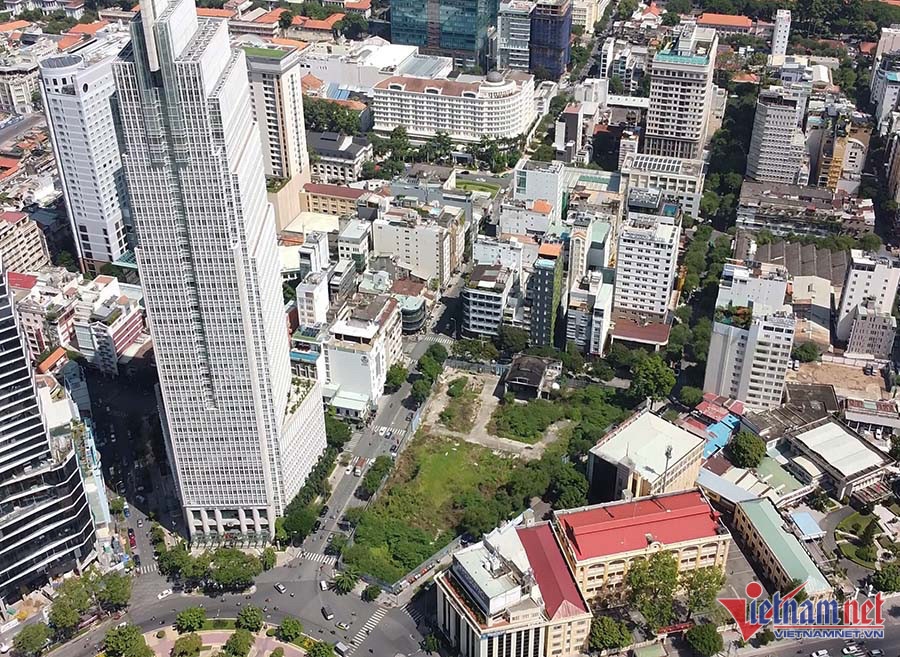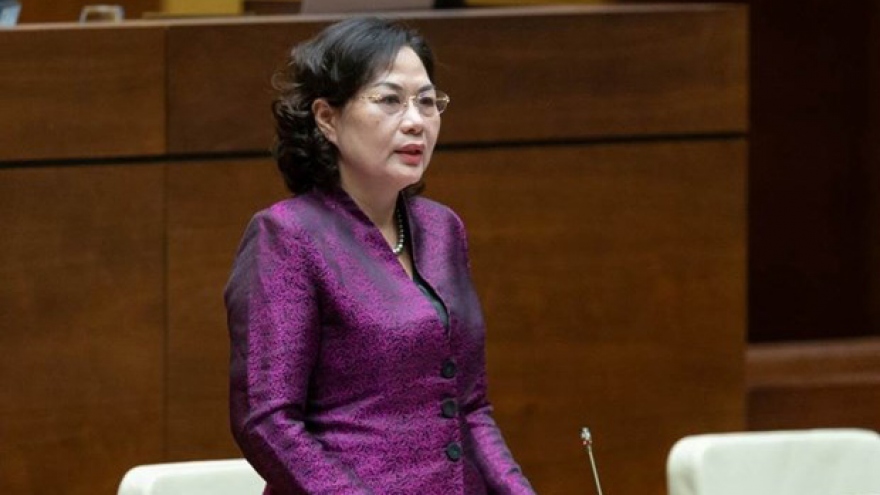Taxing second and subsequent properties may do more harm than good
Some experts have warned that taxation, if applied, would have a negative impact on the real estate market.
The Ho Chi Minh City People’s Committee has proposed specific policies which it hopes will serve as the driving force for the city’s development.
These include taxation on land use rights and the right to use properties on land of second and subsequent properties.
The tax policy aims to increase a stable source of income, avoiding speculation and abandonment of land and houses at real estate projects.
The policy has caught public attention. While many people advocate it, others warn that it will impact the real estate market.
Vo Hong Thang, R&D deputy director of DKRA Vietnam, said the real estate market is in difficulties. Taxation, if applied, may cause the market to ‘hibernate’ and need a lot of time to recover.
Taxing subsequent properties is a complicated question that needs thorough calculation to avoid social unfairness.
The key point here is the national database about land management, including ‘owners’ and ‘real estate assessors’. This allows them to find those who own two or more properties and define the tax amounts they have to pay, Thang said.
“It is necessary to set reasonable tax rates so as to prevent speculation, or buy real estate and leave properties deserted. Meanwhile, the tax rates must not be too high to avoid choking the market to death. The real estate market is also a goods market, and any overly rough intervention will affect tens of other fields,” he warned.
Many countries are taxing second and subsequent houses like Singapore, the US, Germany and China. And if applied, Ho Chi Minh City needs to consider defining reasonable tax rates for every type of real estate, including land, shophouses, apartments, and others. Thang said this policy should be implemented with a roadmap of 3-5 years, and in large cities first.
Tran Khanh Quang, a respected real estate expert, said that in the current conditions, this is unreasonable. If the policy is applied, this would have a heavy impact on the real estate market, especially HCM City. By that time, investors would have avoided tax and cash flow to the real estate market would leave the city.
He said this policy won’t help ease speculation. In Ho Chi Minh City, it is difficult to speculate because if people cannot buy certain products, they buy others.



